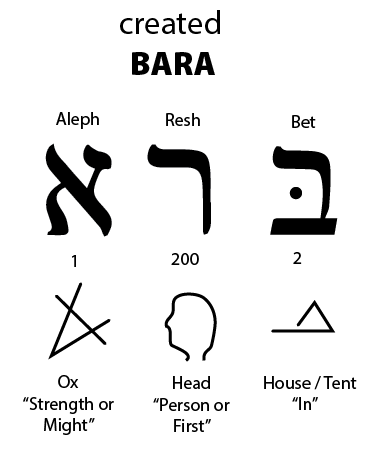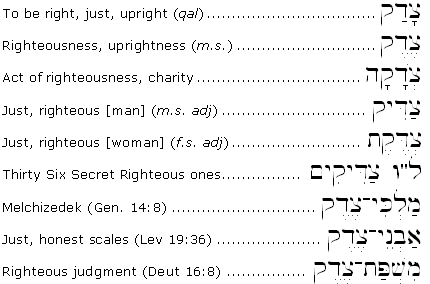

If there’s a word you don’t understand, don’t worry about looking it up. Or if you are more advanced, dive in to the articles themselves. Yes, the pictures will help you, and that’s OK. The news in Hebrew? Impossible, you say? If you are past the “Shalom” and “Aleph Bet” phase, try to open a Hebrew news website and just look at the headlines. Check out Gala”tz, Kan Bet (focused on news), or Kan Gimmel (focused on Hebrew music). If you are committed, this can be one of the best ways to learn Hebrew. Eventually you’ll be able to pick out a word here and there. If you are a beginner or even a little more advanced, you will probably have a lot of trouble with this. But try listening to the radio in Hebrew. …It’s pronounced “rah-dee-oh.” This might sound daunting at first. Start with Fauda, a show about an undercover unit in the Israeli army. Even if you don’t understand everything that is going on, this is the best way to learn. If you are more advanced, set the subtitles to Hebrew when available. Whether or not you want to learn Hebrew, these shows are amazing.
Hebrew word for right tv#
Our favorite online streaming services have been adding more and more Israeli TV shows recently. Not ready to get on a plane to Israel, or even get off your couch? No problem. How do you say “Netflix and Chill” in Ivrit? You’ll study Hebrew intensively along with a group of peers and have the time of your life. If you are a college graduate aged 22-35 you too can rapidly learn Hebrew by joining one of several branches of Ulpan Etzion across Israel. The Jewish Agency started the first Ulpan in 1949 as a method to rapidly teach Hebrew to the hundreds of thousands of new immigrants we helped settle in the newly founded State of Israel. It literally means “studio,” but the fact remains: The alternatives just don’t compare. Ulpan is Hebrew for “The best way to learn Hebrew” Or listen to Victoria Hanna’s Hebrew alphabet song, which is kind of crazy and amazing.Ģ. Or check out this clip set to Debbie Friedman’s Aleph-Bet song. Or if you are past that, here’s the dreaded Aleph-Bet chart. Or here’s a video of Natalie Portman giving you some basic phrases. Listening to Israeli music might be a good way to do this.


Just listen to the sounds, the patterns, and pick up a word or two here and there for now. Start by exposing yourself to real spoken Hebrew. You might not know it by heart, because you skipped every other Sunday when your parents were too tired to drag you kicking and screaming.īut even if you don’t know the Hebrew alphabet at all, don’t start learning Hebrew by staring at a chart. If you went to Hebrew school, you are probably familiar enough with the Aleph-Bet. If you are a beginner, you might think you need to know the Hebrew alphabet to get started. But why not just immerse yourself in Hebrew? You’ll absorb it faster and it’s much more fun.
Hebrew word for right software#
There are lists of online resources, and software you can buy that promise to sit on your shelf or at the bottom of your to-do list for years to come. Benner's book The Living Words expounding on the Ancient Hebrew culture and philosophy.ĭefining Hebrew names based on the Hebrew words used within the names.Hebrew isn’t especially easy to learn. The Living Words - Introduction (Article)Īn introduction to Mr. This Biblical Hebrew dictionary contains the one thousand most frequent verbs and nouns found within the Hebrew Bible.
Hebrew word for right free#
Get notified of new material and get a free eBook. As long as they remain on that journey, they are tsadiq (Strong's #6662, usually translated as "righteous," but literally means "on the correct path"), even if they accidentally leave the path, but return (this is the Hebrew verb shuv, Strong's #7725, usually translated as "repentance," but literally means "to return") back to the correct path. In the Bible God gives his "directions" (usually translated as "commands") for the journey that his people are to be on. However, if you decide to leave the path and make your own, you are again "lost from the path", but this time, being a deliberate act, it is a purposeful mistake (missing the mark on purpose). Once you are back on the right path, all is good. This was a "mistake" (accidentally missing the mark), but not deliberate. If you are walking on a journey (literal or figurative) and find yourself "lost from the path," which is the Hebrew word רשע ( rasha, Strong's #7563), you correct yourself and get back on the path. One of the aspects of a nomad is his constant journey from one watering hole to another and one pasture to another. The Hebrew people were a nomadic people and their language and lifestyle is wrapped around this culture. The Hebrew word for "sin" is חטאה ( hhatah, Strong's #2403) and literally means "miss the mark." From my understanding of the Bible, there are two types of sin, accidental and deliberate.


 0 kommentar(er)
0 kommentar(er)
